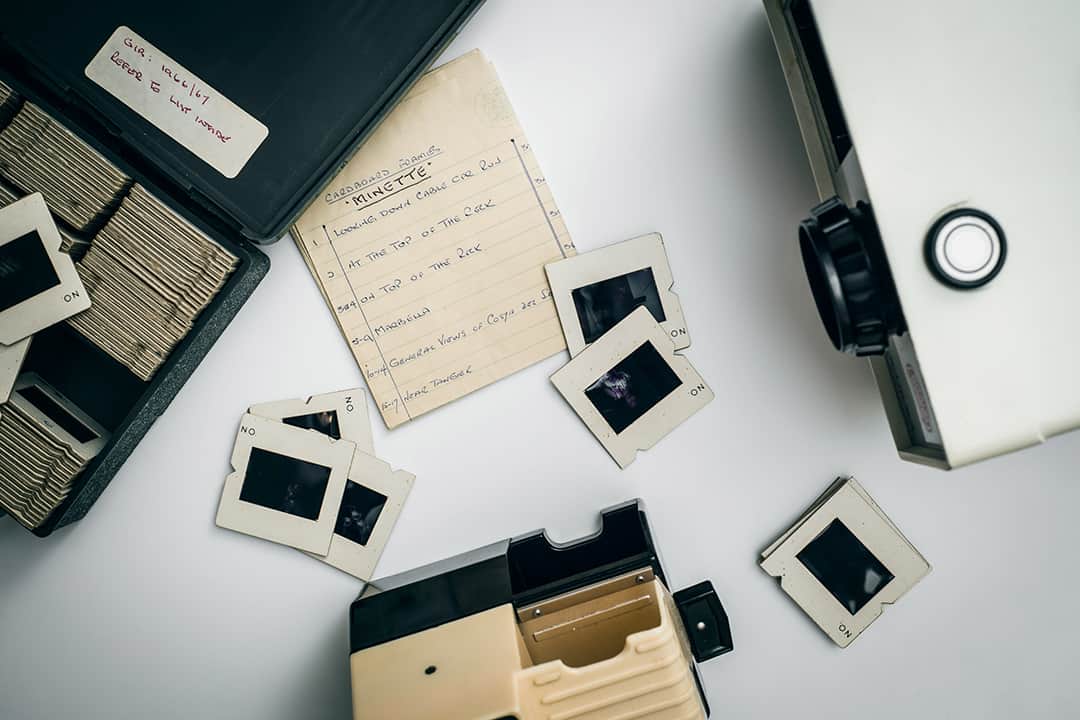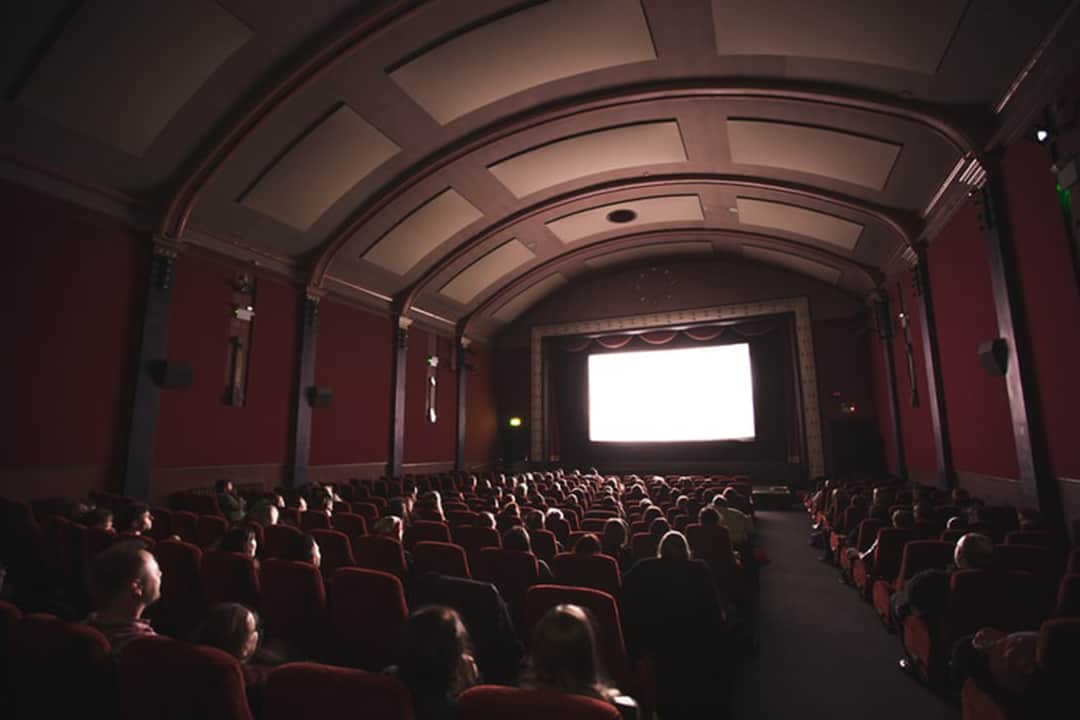Telling stories consciously to see reality from fiction
Stories are the way we make sense of the world, and even if we don’t consider ourselves to be someone creative, or a storyteller, we construct and narrate stories every single day. It’s the way we make sense of our lives and it’s central to our wellbeing.
The salutogenic model of public health even stresses the idea that for healing to be possible a coherent narrative is needed; our suffering cannot be alleviated as long as we are in confusion, unable to understand what happened in our lives in a grander context. A child in care needs to know where their parents are and why they aren’t with them if they are still alive. A husband and wife that are separating need to reflect and understand why their marriage has come to an end to move on. A person in mourning often has to make sense of death and really come to terms with how intangible it is from the experience of being alive.

Our stories can give us comfort, but they can also cause a lot of distress. The more the stories we have constructed differ from the reality of life, the more we suffer; those who view the world as all bad and painful, forgetting the goodness that God has placed in it can lose hope and suffer deeply. Those who ignore evidence that should lead them to be aware of danger or risk to themselves and their wellbeing, choosing to construct an impossibly perfect view of the world may suffer and finally come to see their hopes and false hopes which do not reflect the imperfect nature of the world. Our stories about ourselves are also so influential. We construct our idea of what it means to be ourselves through stories and that’s because our past adds to our sense of identity. It would be very difficult to understand who we are without these stories.
Reflecting on our storytelling processes can be quite uncomfortable though. Like in theatre when the third wall is broken and the audience realises once again consciously that this story is not real, that it has been directed and acted out by professional actors (in such a convincing way that we experience the story as reality). Having the sudden realisation that the stories we tell ourselves about life and our experiences are also curated, fictional and not completely reflective of reality can be quite unsettling.

We each believe the stories we tell ourselves and the way we see the world are truly reflective of reality and often we try to convince others of these narratives if their narratives clash with ours. Perhaps an awareness that we are constantly mentally writing and directing personal stories; that this process is creative and the output produced is fictional even if it is based in our version of reality can help us to see things in a balanced way. We make up most stories subconsciously but by unpicking these stories and telling them through different mediums like journaling or speaking to someone else or drawing we can start to analyse the stories we have created. Perhaps we realise some of our stories aren’t fully true and that we’ve projected our own feelings onto other people or our own hopes/negative thinking onto life events. It may be that we realise that we’ve interpreted events in a way that was easy to understand but not necessarily less painful or helpful. People can choose to blame themselves or others for traumatic events even if they/others are not to blame, simply because people need to understand why that traumatic event happened.

By telling our stories consciously and really reflecting on them we can start to get a better picture of reality by deconstructing the narratives we’ve built subconsciously. Therapies are built on this premise. In art therapy drawing a portrait of oneself can help someone to confront how an individual has constructed a view of the oneself and where you need healing. In traditional talk therapy we tell a story maybe hundreds of times until we finally feel we have told the story in a way that alleviates pain and helps oneself to make sense of the event in the context of our life. Unlike other storytelling practices we are not constructing these stories for an audience – we do not have to satisfy rules of storytelling, things do not have to be dramatic or made interesting for others to hear.
What is most important is that your story brings you comfort and helps you see the world in a balanced and healthy way.
Have you ever told the same story in very different ways depending on how you felt?




